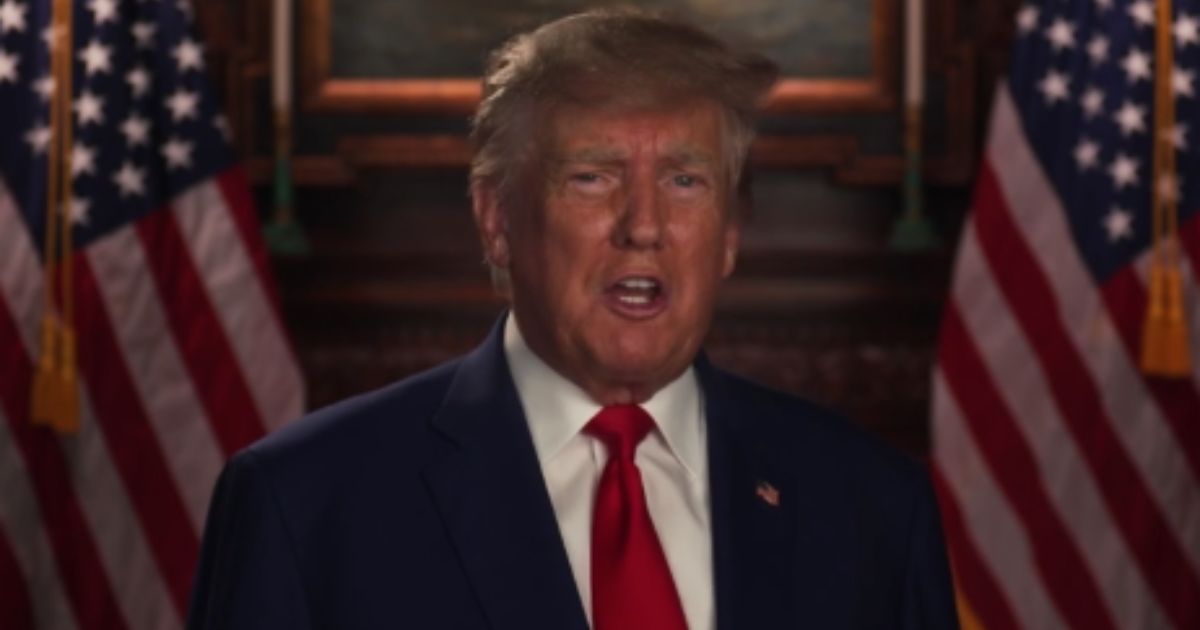A former White House insider's revelations about President Joe Biden's controversial debate performance against Donald Trump last summer have sparked renewed discussions about the administration's internal dynamics.
According to The Hill, Ron Klain, Biden's former chief of staff, attributes the president's poor debate showing to senior aides who failed to keep him focused on domestic issues and public sentiment.
The criticism surfaces in journalist Chris Whipple's upcoming book, "Uncharted: How Trump Beat Biden, Harris, and the Odds in the Wildest Campaign in History." In the book, Klain presents a detailed account of the debate preparation process and its subsequent impact on the 2024 presidential race.
White House Team's Role in Debate Preparation
Internal tensions within Biden's administration played a significant role in shaping the debate outcome.
Senior advisers allegedly kept the president isolated from domestic political developments, directing his attention primarily toward foreign affairs.
The White House team's approach created a disconnect between Biden and crucial domestic issues. This separation left him unable to effectively counter Trump's arguments or demonstrate a clear understanding of current American concerns.
Their strategy ultimately backfired when Biden appeared unprepared during the debate. The president struggled to maintain pace with the discussion and showed limited awareness of Trump's talking points.
Klain's Defense of Presidential Capacity
Ron Klain, speaking to Politico, offered important context to his initial comments:
My point wasn't that the president lacked mental acuity … He was out of it because he had been [sidelined], not because he lacked capacity.
Klain's clarification aimed to shift blame away from Biden's cognitive abilities and toward his team's strategic choices.
His statement emphasized that the president's debate performance reflected his isolation from domestic politics rather than any inherent limitations.
Democratic Party's Response to Debate Aftermath
The debate's impact reverberated throughout the Democratic Party leadership. Party officials and supporters expressed growing concern about Biden's ability to secure another term in office.
These concerns led to unprecedented developments within the party structure. Former Vice President Kamala Harris emerged as a potential alternative candidate weeks after the debate.
The situation created significant upheaval in Democratic campaign strategies. Party leaders found themselves navigating an unexpected transition period while maintaining unity among their base.
Political Analysis and Future Implications
Multiple authors and political analysts have begun examining the debate's influence on the 2024 election outcome. Writers Amie Parnes and Jonathan Allen explore these dynamics in their book "Fight: Inside the Wildest Battle for the White House."
The debate marked a crucial turning point in American political history. It challenged conventional wisdom about incumbent advantages and campaign strategies.
These developments continue to shape discussions about political leadership and campaign preparation. The incident provides valuable lessons for future presidential campaigns and debate preparations.
Presidential Campaign Turning Point
President Biden's June debate performance against Donald Trump significantly altered the trajectory of the 2024 presidential election. The event exposed internal conflicts within the White House team and raised questions about the effectiveness of the campaign strategy.
The aftermath led to substantial changes in Democratic Party leadership, culminating in Kamala Harris's emergence as the party's nominee. These developments reshaped American political dynamics and continue to influence discussions about presidential campaign management.





